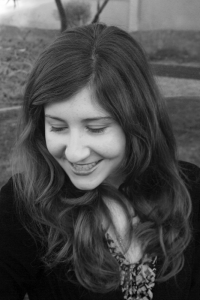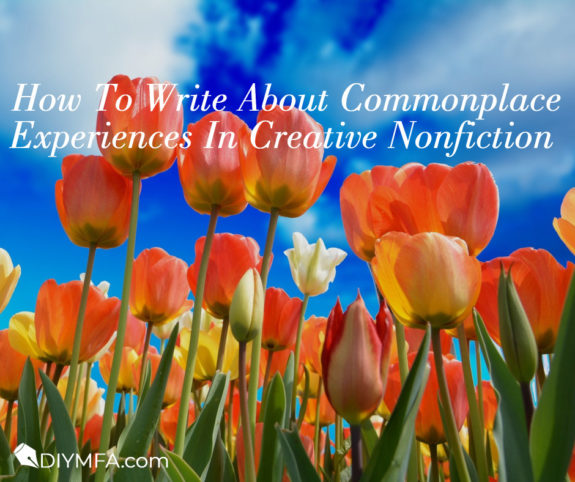Last year, I successfully pitched and submitted an essay to a well-known creative nonfiction magazine. It was an essay I’m proud of, one that was inspired by a Twitter thread originally posted by the editor I wrote for. But unfortunately the editor turned down my piece, because the ending didn’t have that unexpected element she felt should be in an essay. While I was flattered to receive otherwise glowing feedback, I realized for the first time that an element of the unexpected may well fit into the way that we define a creative nonfiction essay. The downside of this realization was that my writing needed to be injected with a bit more of it.
If we trace the history of the creative nonfiction essay to writers like Montaigne, who in the 15th century wrote about everything from friendship to death, it becomes clear that we read creative nonfiction to get inside the mind of a writer. A skilled writer can make disparate things seem connected, even the most commonplace of experiences. But that tends to be an issue when we’re all writing about the same life processes and situations.
How do we write about experiences that most people have with a unique angle? How do we find new ways to talk about things that have been talked about for thousands of years? Here are some words of advice for doing so.
Focus On The Details
Whether you’re writing about addiction, finding love, or living in New York, chances are it’s been covered already. Just take Leslie Jamison’s recent memoir The Recovering or Sloane Crosley’s essay collection Look Alive Out There, both 2018 releases. Still, there’s room for writers who have a unique take on an experience or who can, quite simply, write about something beautifully.
Part of writing about an experience is reflecting over it: Alexander Smith writes in On Writing Essays that “a quick ear and eye, an ability to discern the infinite suggestiveness of common things, a brooding meditative spirit are all that the essayist requires to start business with.” Heather Thomson connects this to her own writing “recognizing that every experience, in some way, has the potential for meaning.”
Something that may help you write about a common experience is focusing on the details. What minute, concrete example can you focus on from a particular day in your life? How did your experience with the situation differ from what you always expected? Can you find an element of your experience that challenges a cultural narrative?
Find Your Connection
As you’ve undoubtedly read, keeping a journal is extremely helpful for a writer. It’s a safe space to experiment with storytelling and form as well as a private creative outlet that doesn’t demand revision or perfection. Sometimes writing it out for myself helps me determine if an experience holds deeper significance that could be explored in an essay. Starting with a short passage written for ourselves can be a helpful beginning point.
Something you always want to ask yourself when you’re writing is what significance it holds for you. Why do you feel compelled to write about this experience? Once you find that why, write more. Write as much as you can. What happens in early drafts is a lot of throat-clearing that can be revised or even cut. Keep writing to open up to vulnerability. Sometimes that is where we find our best words.
Read Essays and Books That Treat Similar Subject Matter
Want to write an autotheory memoir? Read Maggie Nelson’s The Argonauts. Interested in writing about your college years? Essays in Marina Keegan’s The Opposite of Loneliness may help you generate ideas.
Use resources like Goodreads or websites like Literary Hub to find book criticism that makes it possible for you to find books within your genre or category.
Fit In Unique References
Something I’ve noticed about a lot of modern essays is that they tend to deftly integrate pop culture or obscure references. Invoking things related to but outside of your experience should never be forced, but sometimes our interactions with obscure academia, older texts, music, or even internet culture can enrich a narrative. While your personal essay should be driven by your voice and experiences, you’re more than welcome to quote others and consider their thinking next to your own.
Although writing an essay that incorporates the unexpected may seem daunting, it’s possible to write creatively about your experiences even if they are commonplace. Taking the time to practice your writing will always help you in your writing career.
 Kayla Dean has written for publications like Electric Literature, Ploughshares online, Darling, and Bella Grace. She has an MA and BA in English. You can find her on Twitter@kayladeanwrites.
Kayla Dean has written for publications like Electric Literature, Ploughshares online, Darling, and Bella Grace. She has an MA and BA in English. You can find her on Twitter@kayladeanwrites.







